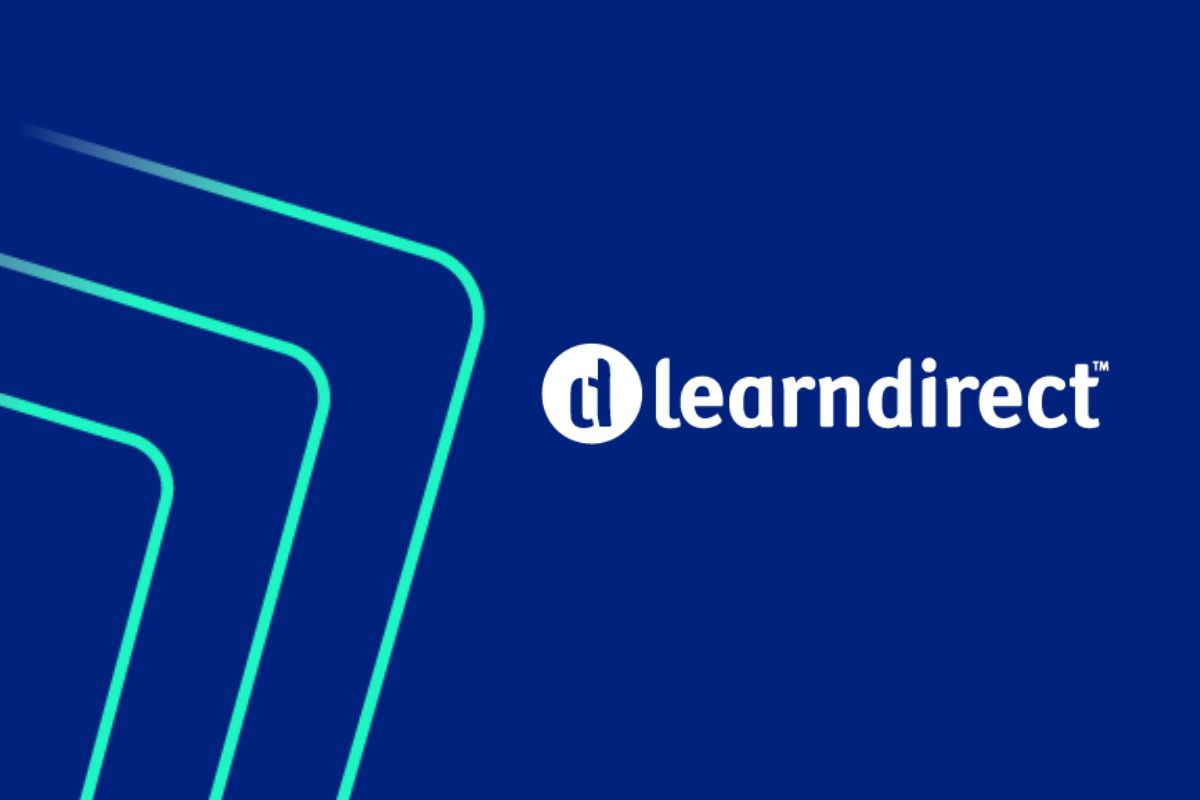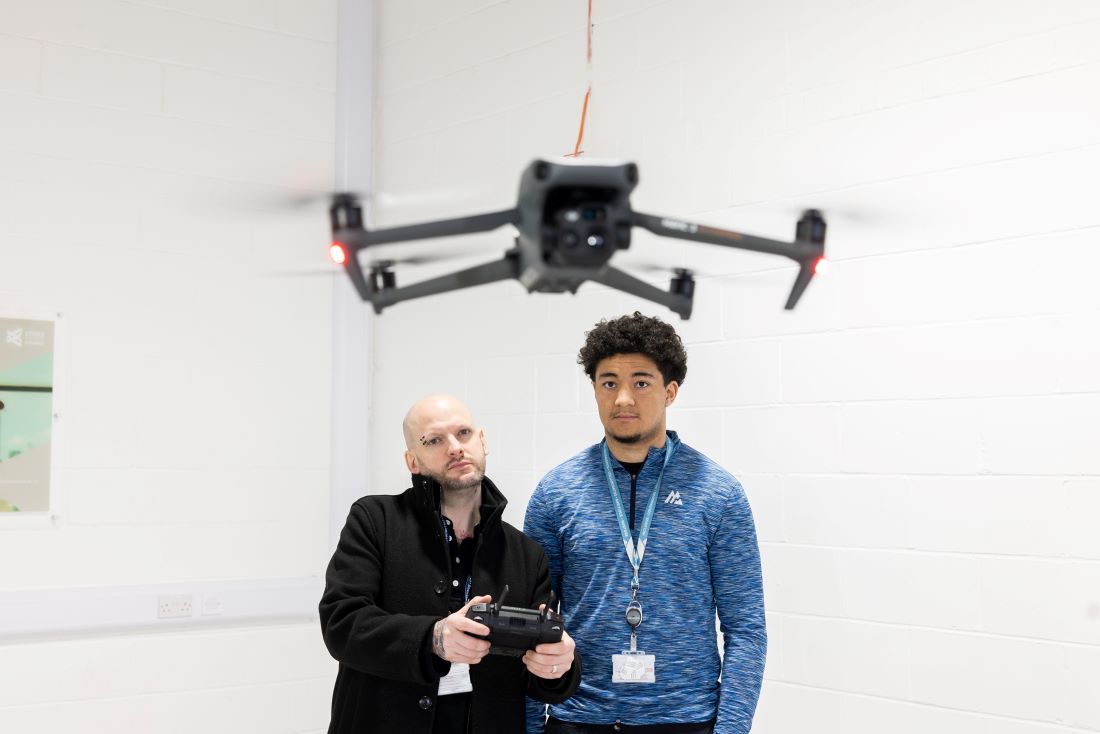There’s Still Life in the Ol’ Boomers Yet! Career Changers Flock to learndirect

You’re never too old to change career! New research finds that over 40s are turning to online courses in the hope of starting a new career, while over 60s are benefitting from the flexible nature of digital learning.
Gen X and Boomer generations are utilising online education in the hope of changing their careers, giving hope to others that you can still go after your dream job later in life, according to research published by learndirect.
The UK’s leading online learning provider found that 30% of surveyed learners aged between 42 and 57 chose to enrol on an online course with the aim of starting a brand-new career.
The report, named The State of Learning, also noted that 72% of learners aged between 58-76 enrolled due to the flexible nature of online learning, suggesting that older generations are more digitally savvy than we may think.
Kyle Fedyszyn, Group Chief Digital Officer at learndirect, said:
“Online learning opens doors to people of all ages, providing opportunities to change a career later in life or get the academic qualifications they didn’t get during mandatory schooling. By delivering education online, people can study around their lifestyle, knowing that they don’t have to step foot in a classroom.
“Our research proves that age is just a number! Many of our middle-aged learners chose to study with us in the hope of starting a new chapter in their professional life. We are proving every day that it is never too late to change your career or learn something new. Our platform agnostic product contains various interactive nuances suitable for all levels, giving older generations more opportunities than they otherwise would have without accessible learning.”
learndirect provides a suite of nationally and internationally recognised qualifications across various sectors, from academia and animal care to dental nursing and fitness.
Their recent research provides insight into the current state of the commercial education industry and how the evolution of digital processes could impact the future of learning.











Responses